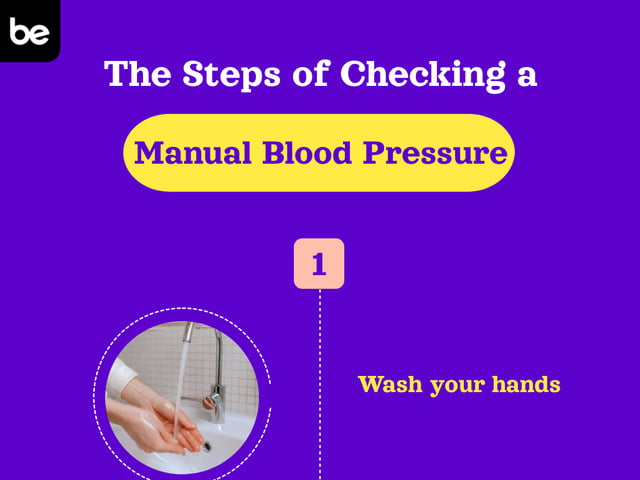
What Are the Differences in Medical Assistant Tests?
If you are considering a career as a Medical Assistant, the path toward achieving your goal can initially seem daunting. There are several different routes you can take to achieve the necessary certification. The exams have some differences, which you may want to consider before selecting the best one for you. The information below provides an overview of what the different certification exams entail. Despite differences in the length of certification validity, recertifying may just be a matter of documented work experience and inservice training.
The CMA Exam
To become a Certified Medical Assistant, you must take the CMA exam, which is the most-widely recognized medical assistant certification and is recognized in all states. The CMA exam is a three-hour exam comprising 200 multiple-choice questions. Content for the questions covers general medical knowledge, administrative functions, and clinical processes. The cost of the exam is $125 for AAMA members or those who have successfully completed an approved medical assisting program, or $250 for all others. Certification lasts for five years.
The RMA Exam
Medical assistants may also opt to take the RMA exam to become a Registered Medical Assistant, which is also recognized nationally. This exam is a two-hour, 210 multiple-choice question exam that covers general medical assisting, administrative medical assisting, and clinical medical assisting concepts. The cost for the RMA is $120 and its certification is valid for three years.
The NCMA Exam
The National Certified Medical Assistant (NCMA) exam is also recognized by many facilities across the country. This exam lasts for four hours and has 150 questions with 15 unscored items. These questions may be varying formats, including multiple-choice, drag-and-drop, and other types. The exam covers a wide range of topics including ECG and other diagnostic tests, phlebotomy, pharmacology, medical procedures, law and ethics, and medical office management, financial functions, and procedures. It costs between $95 and $130 to take, and certification lasts for one year in active status and five years if inactive.
The CCMA Exam
The final major exam for medical assistants is the Certified Clinical Medical Assistant (CCMA) exam, which may be valid in some states and not others. Candidates should contact their state’s health oversight body to determine its validity prior to scheduling a test date. This exam is three hours with 140 scored questions. It covers foundational healthcare knowledge, anatomy and physiology, clinical patient care and procedures, medical law and ethics, customer service, and administrative assisting functions.The exam costs $155 and certification lasts for two years.
How Do I Choose?
These exams all vary slightly, although the content for each of them covers the scope of work that a medical assistant would be required to complete when hired by a clinical office. However, due to the differences in the exams, it may be worth considering which one best meets your needs. This is especially true if you are living in a state that may not accept a specific certification or if you would like to work for an institution that may not recognize all of the certifications. You should also consider any plans you might have to relocate to a different facility or state in the future.
Prepare for Your Exam
No matter which test you choose, Union Test Prep can help you prepare for it. Our test prep is a result of a comprehensive study of all four tests, so it covers all of the content for any test you might take. We have study guides, practice questions, and flashcards to assist with your studies.
Keep Reading

Medical Assistant test Blog
How to Do Well on the Medical Assistant Exam
If you’re planning to enter the medical assisting profession, passing a…

Medical Assistant test Blog
How to Check a Manual Blood Pressure
One of the most common tasks you will need to perform as a medical assi…

Medical Assistant test Blog
What Is a Medical Assistant?
Are you considering a medical assistant career? You’re not alone. Curre…